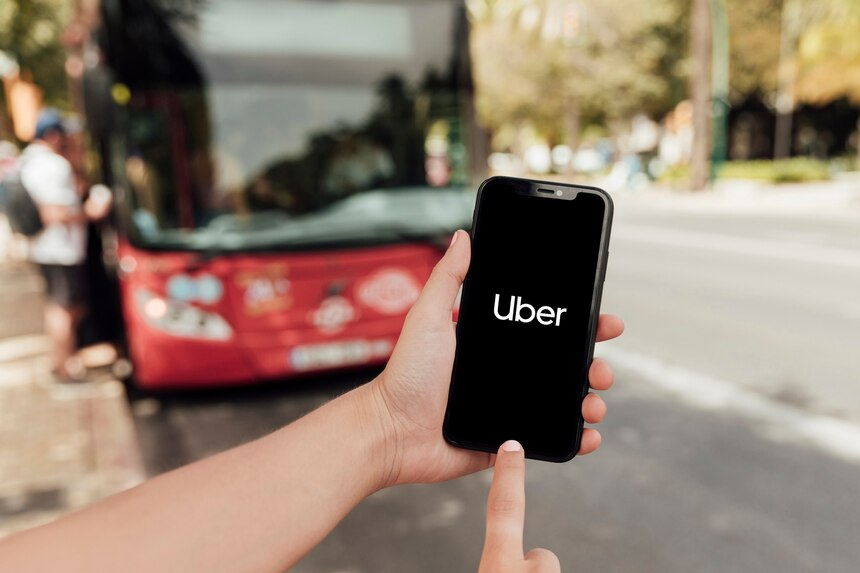Uber, the ride-hailing giant, is under investigation by the US Federal Trade Commission (FTC) over concerns regarding its flagship subscription plan, Uber One. The investigation focuses on the company’s procedures for enrolling and canceling memberships within the service. Uber One, which boasts more than 25 million subscribers worldwide, offers its fee-paying members various discounts on rides and deliveries.
Why is the FTC Scrutinizing Uber's Cancellation Process?
The FTC has raised concerns about how customers can sign up for and cancel Uber One memberships, prompting the agency to initiate a formal investigation. While the FTC has not commented publicly, Uber has defended its cancellation process. An Uber spokesperson emphasized that the cancellation procedure is both simple and efficient.
The BluSmart Collapse in India: Why the EV Ride-Hailing Pioneer Stumbled
“We will continue to answer any questions the FTC may have about our cancellation policies,” the spokesperson stated. “The Uber One cancellation process follows both the letter and the spirit of the law: Uber One members can easily cancel their membership in the app—in fact, most of those cancellations take 20 seconds or less.”
The investigation results from growing scrutiny over subscription services in general, with regulators concerned that companies may make it too difficult for customers to cancel unwanted subscriptions. Uber, for its part, claims its system is straightforward and user-friendly.
What Other Companies Have Faced FTC Scrutiny Over Cancellation Policies?
The issue of cancellation policies is not unique to Uber. Other major tech companies, including Adobe and Apple, have also faced FTC lawsuits regarding subscription practices deemed overly complex or intentionally confusing. These companies have disputed the claims, maintaining that their processes were clear and accessible to consumers.
The FTC’s investigation into Uber follows recent moves by the agency to crack down on complicated subscription practices. Last month, the commission finalized a new ‘click to cancel’ rule to make it easier for consumers to end subscriptions. The rule requires that subscription services make both sign-ups and cancellations equally simple, ensuring that customers are not trapped in automatic renewals without a straightforward way out.
How Are International Laws Addressing Subscription Traps?
In addition to the FTC’s efforts, the UK has addressed “subscription traps.” Under the Digital Markets, Competition, and Consumers Act 2024, businesses must provide consumers with clear and transparent information before they enter into a subscription agreement. The law mandates that companies remind customers when free trials or low-cost offers are about to end and ensure customers have an easy process for canceling contracts.
These international and regulatory measures reflect a broader trend of protecting consumers from what is seen as exploitative practices in the subscription economy. As more businesses shift to recurring payment models, regulators worldwide are increasingly focused on ensuring that consumers are not unduly burdened with hidden or cumbersome cancellation procedures.
How is Uber Responding to the FTC Investigation?
As Uber faces the scrutiny of the FTC, it is actively working to address the concerns raised by the regulator. The company has already received a proposal to settle the investigation from the FTC but has countered with its offer. The outcome of the investigation remains uncertain, but Uber’s commitment to complying with the law is clear.
“We are fully prepared to cooperate with the FTC and respond to any of their questions,” the spokesperson added. “Uber One’s cancellation process is designed to be fast, clear, and fair to our members.”
The outcome of the investigation and the ongoing regulatory push for easier subscription cancellation processes could significantly impact Uber’s business model and the broader tech industry’s approach to consumer protection.








